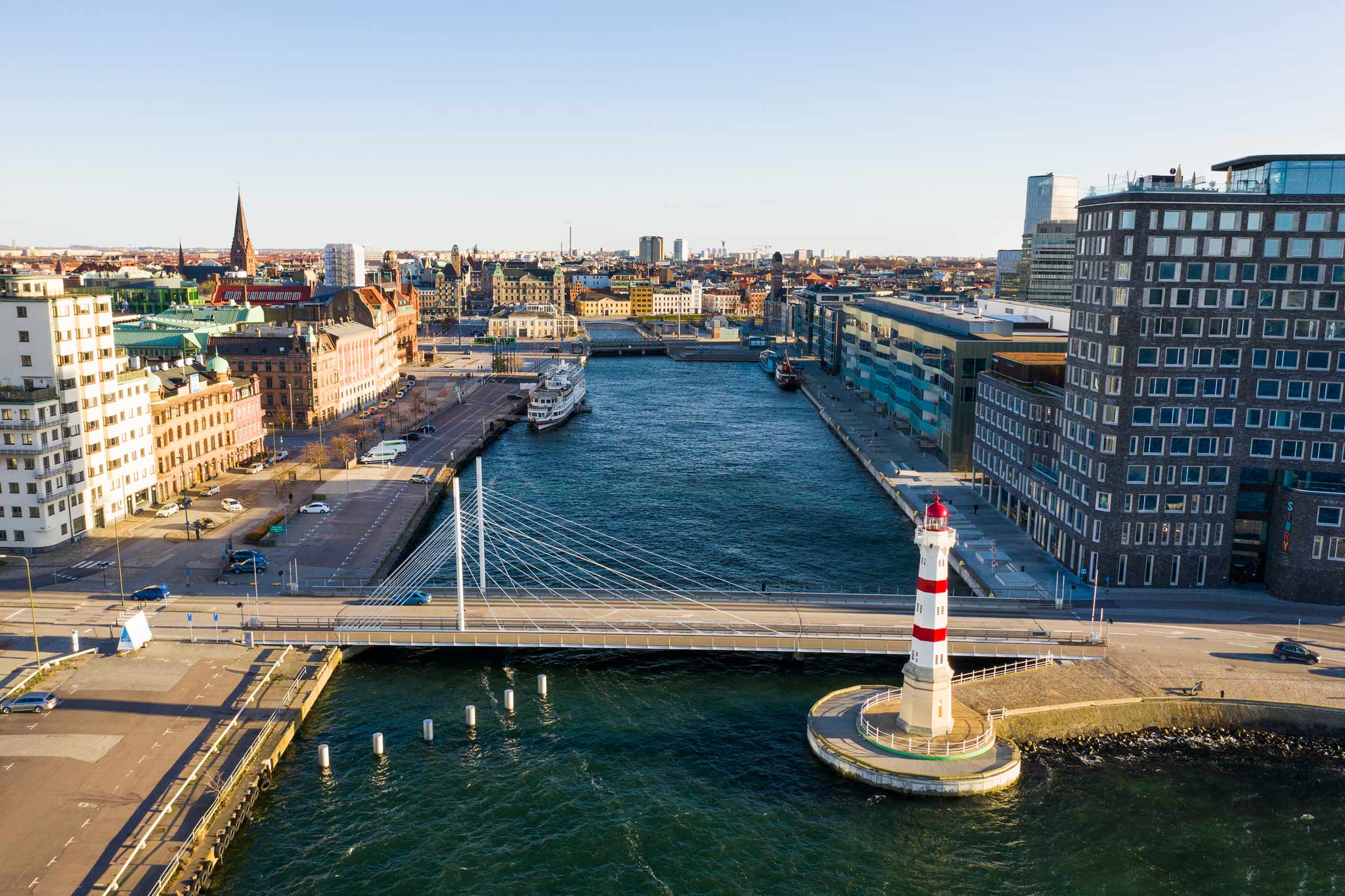Events have incredible power to positively impact the lives of their attendees, but their temporary nature and millions of visitors per year inherently drive wastefulness. We are running out of space and time to tackle this problem – our landfills, in the UK and globally, have rapidly dwindling capacity, which experts predict could be exceeded within the next decade. The current state of the industry and the complex challenges of achieving zero waste pose the question: Could our events ever truly be waste-free?
On the United Nations International Day of Zero Waste 2024, Jennifer Reilly, Sustainability Consultant at award-winning sustainability consultancy The Bulb, argues that the events industry must continue to strive towards zero-waste goals to ensure the mark it leaves behind is on people, not landfills.
The state of the industry is alarmingly trashy A study from Ecobooth estimates that the UK events industry creates over 100,000 tonnes of waste per year which ends up burned or in landfill. The festival and outdoor event industry is no better. Powerful Thinking’s The Show Must Go On report found that an average of 2kg waste per person per day was produced by the industry – while this is a reduction of 29 per cent from 2014, it’s still twice as much as is produced through household waste.
The challenge isn’t just the waste produced but also the inconsistent ways in which waste is managed in the UK. The short life span of events is reflected in the short life span of its products. A particular problem is that nearly everything at an event (sets, posters, giveaways) is branded to include the event name and date, making it unusable again in the future. Food waste is another considerable problem as estimating the amount of food needed against what is consumed is largely conjecture, frequently resulting in mass amounts unused. On top of this, the UK’s waste sector is fragmented, with different countries accepting different waste, making it difficult and confusing – particularly for the incredibly mobile events industry.
It isn’t all in the bin: The events industry strives for change There are examples of innovative action being taken across the industry. The Drastic on Plastic campaign by the Association of Independent Festivals has partnered with over 60 events pledging to eliminate all single-use plastics. This message is starting to take hold. Music festival waste per audience member per day has declined from 2.8 kg in 2014 to 2 kg in 2019 through initiatives such as encouraging reusable dishware and educating attendees about taking waste with them when they leave. Recycling rates at festivals averaged 32 per cent in 2014 and rose to 37 per cent in 2020, but are still falling far short of the EU’s goal of 65 per cent.
How can we do better? There is a plethora of easy wins the industry could explore Reusable cups and dishware present an exciting opportunity to cut down on waste and costs for event leaders. Made with durable materials, these products can be distributed to all on-site vendors and collected again at points throughout the grounds, at exits, from litter, and even sorted out of general waste to be washed and ready for the next event. Ensuring these products are not branded event or date-specific will allow them to be used by a variety of clients and vendors. Encouraging event attendees to bring their own reusable water bottles must be matched by a widespread system of water-bottle filling stations.
Drinks deposit return scheme (DRS) legislation is in progress for the UK, which would charge consumers an additional fee to be refunded upon recycling at a proper location. This system is already wildly successful in my country of origin, Canada, with The Beer Store boasting an incredible record of 97 per cent recovery of industry-standard bottles for reuse. These bottles can enter the market upwards of 15 times before they need to be recycled into new glass bottles. Employing this initiative at events would give attendees a financial incentive to return their bottles.
Sorting plays a huge role in the viability of materials to be recycled or recovered. Paper is highly recyclable, but if it is mixed with organic waste, it quickly loses that ability. Clear signage, numerous waste stream options, and even waste sorting could significantly impact event waste. A study from British Columbia showed that volunteer on-site waste sorting reduced contamination by upwards of 96 per cent.
Lastly, certifications such as ISO20121 can give organisations tools designed by experts to create sustainable events that include zero-waste principles from inception.
I believe the events industry faces a truly monumental challenge when it comes to waste, but arguably, it also has more potential for zero waste than many other industries. The temporary nature of events lends itself to leased and reusable materials to be shared amongst a wide range of conferences, festivals, product launches and more. There is a need in the market for companies that facilitate this process, providing durable and versatile products as well as sorting, cleaning, and maintenance after the event is done.
Despite the challenges, there are an incredible range of solutions at our fingertips. Digital signage could wipe out the need for enormous, customised signage, instead providing a format which is easy to edit and switch between during events. The alignment between food waste and food needed to aid the hungry seems a simple solution, but the logistics can be complicated. Strong partnerships with food banks and other community organisations would need to be in place to distribute leftover food quickly.
Of course, one of the best ways to reduce waste is to stop unnecessary items from ever entering the event space in the first place. While recycling is an important part of our waste management system, its success can be highly variable. Designing events with intentionality can ensure there are fewer waste issues to manage. Engaging with sustainability experts and consultants who can provide guidance from the start on how to tackle these problems efficiently that minimally impact the attendees’ experience is key.
I believe the events industry can reach zero waste if we commit to: innovative solutions, care throughout the value chain, and our responsibility to stop throwing our future away.



